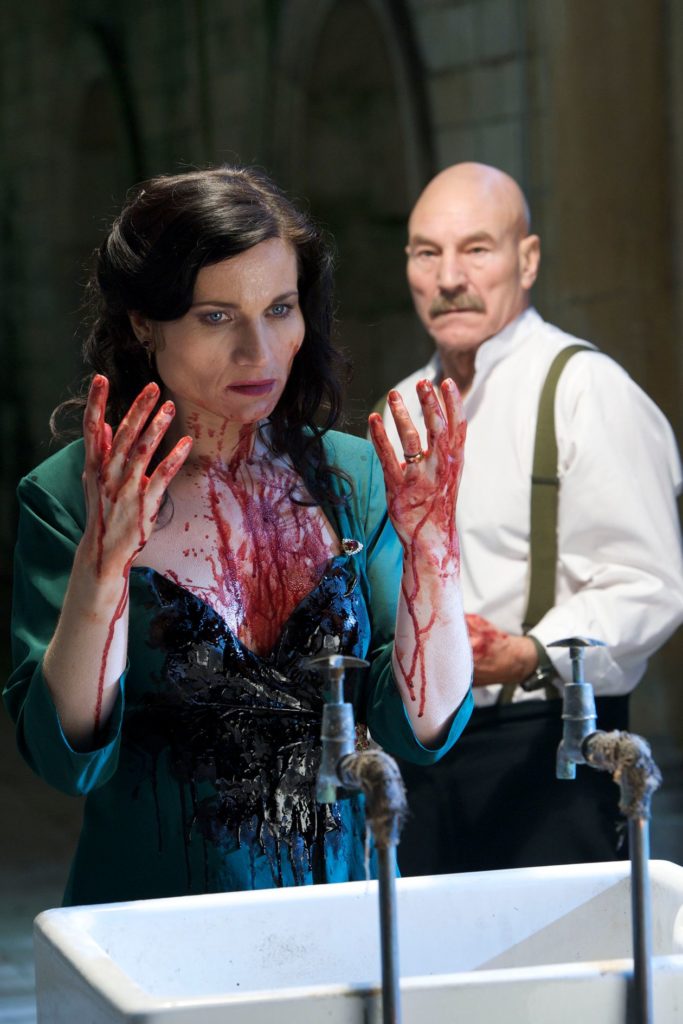Love is so short, forgetting is so long.
Pablo Neruda, “Poem 20” (trans. W.S. Merwin)
Terry Teachout on the arts in New York City
Love is so short, forgetting is so long.
Pablo Neruda, “Poem 20” (trans. W.S. Merwin)
From 2005:
Read the whole thing here.I expect a lot out of the books I read, and when they fail to deliver the goods, I toss them aside with a clear conscience and no second thoughts. Life is so very short–and so often shorter than we expect–that it seems a fearful mistake to waste even the tiniest part of it submitting voluntarily to unnecessary boredom….
“Like an unchecked cancer, hate corrodes the personality and eats away its vital unity. Hate destroys a man’s sense of values and his objectivity. It causes him to describe the beautiful as ugly and the ugly as beautiful, and to confuse the true with the false and the false with the true. Power at its best is love implementing the demands of justice. Justice at its best is love correcting everything that stands against love.”
Martin Luther King, Jr., Strength to Love

Isaac Stern and Alexander Zakin perform Wieniawski’s D Major Polonaise on a 1955 episode of The Jack Benny Program:
(This is the latest in a series of arts- and history-related videos that appear in this space each Monday, Wednesday, and Friday)
Lord Byron, Don Juan
* * *

Shakespeare’s plays rarely come to Broadway, and when they do, it tends to be in the form of star-driven productions imported from England. Of these, the one that has lodged itself most firmly in my memory is Rupert Goold’s blood-soaked 2007 Chichester Theatre Festival staging of “Macbeth,” which later played in London’s West End and at the Brooklyn Academy of Music, transferring from there to Broadway’s Lyceum Theatre for a universally acclaimed eight-week run. Granted, its box-office success was due in substantial part to the presence in the cast of a TV star, Patrick Stewart. On the other hand, Mr. Stewart is also a stage actor of distinction, and Mr. Goold’s high-concept modern-dress production, which transplanted the action from 11th-century Scotland to an unnamed Soviet-bloc state, served the play exceptionally well.
It stood to reason that the BBC would film Mr. Goold’s “Macbeth” at the end of its extended travels, not as a “capture” of a live stage performance but as a full-fledged made-for-TV movie shot on location at England’s Welbeck Abbey. The small-screen version was shown in the U.S. in 2010 as an episode of PBS’ “Great Performances,” and it is now available for free viewing on the network’s website through the end of the year. The results are enormously impressive—in certain ways more so than the original stage version, memorable though it was…
High-concept Shakespeare productions too often fail to illuminate the play’s text, but this staging, in which the Stalinesque Macbeth and his vulpine wife (Kate Fleetwood) kill their way to the top of the churning heap of totalitarian power, plugs into the play smoothly and coherently….
* * *
Read the whole thing here.The trailer for Macbeth:

A new episode of Three on the Aisle, the podcast in which Peter Marks, Elisabeth Vincentelli, and I talk about theater in America, is now available on line for listening or downloading.
Here’s American Theatre’s “official” summary of the proceedings:
To listen to or download this episode, read more about it, or subscribe to Three on the Aisle, go here.This week, the critics discuss the steep and rocky road back to normalcy that theaters of all sizes are facing. They also reflect on the late Justice Ruth Bader Ginsburg and her love and support of the arts, and answer listener questions about writing plays later in life and audience laughter (specifically, the iconic laugh of Mr. Teachout). Their picks this week include a recorded 50’s broadcast of The Caine Mutiny featuring actor Lloyd Nolan, Eisa Davis’s Bulrusher, and Richard Nelson’s Incidental Moments of the Day, the latest in the Apple Family series of plays….
In case you’ve missed any previous episodes, you’ll find them all here.

Bob Crosby and His Bobcats play “Complainin’,” a composition by Jess Stacy, in a 1951 film clip. The band includes Stacy on piano, Matty Matlock on clarinet, Billy Butterfield on trumpet, Eddie Miller on tenor saxophone, Warren Smith on trombone, Nappy Lamare on guitar, Bob Haggart on bass, and Ray Bauduc on drums:
(This is the latest in a series of arts- and history-related videos that appear in this space each Monday, Wednesday, and Friday)
An ArtsJournal Blog